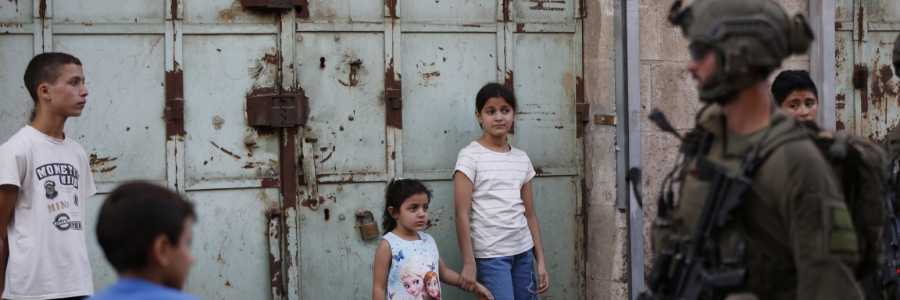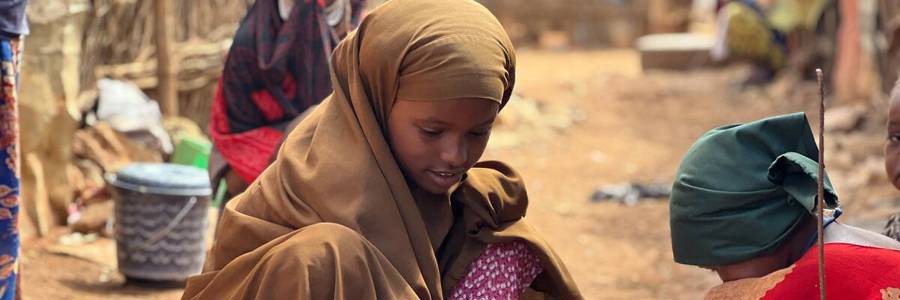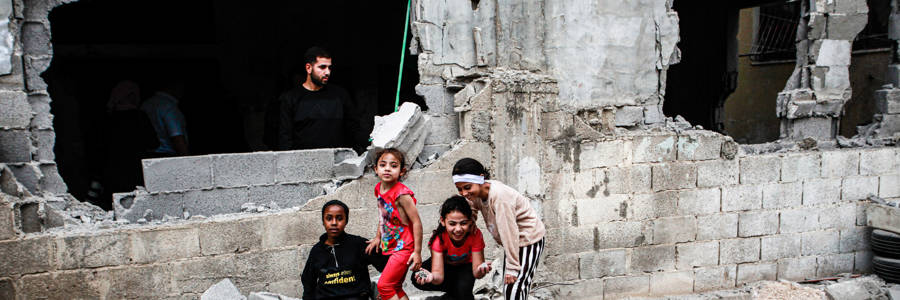Education and Conflict: What the Evidence Says
Posted Wednesday, 13 Sep 2017 by Gudrun Østby & Henrik Urdal
These are the key conclusions from the first systematical review of the empirical, quantitative literature on the relationship between education and civil conflict.

Evidence from 30 statistical studies indicate that
- Increasing education levels overall have pacifying effects
- Rapid expansions of higher education is not a threat
- Education inequalities between groups increase conflict risk
- The quality and content of education may spur conflict
- Terrorists are well above average educated
The following policy recommendations emerge from consultancy work conducted for UNESCO’s 2011 Education for All Global Monitoring Report.
We recommend that:
- future research pay increasing attention to sub-national and individual level effects;
- new data be collected to study how conflict is affected by the content and quality of education; and
- policies be implemented so as to reduce educational inequalities.
Read more by following this link to a CSCW Policy Brief
This blog post is published in connection with PRIO’s 2017 Annual Peace Address with Obigalei ‘Oby’ Ezekwesili: ‘Education and Peace‘.











